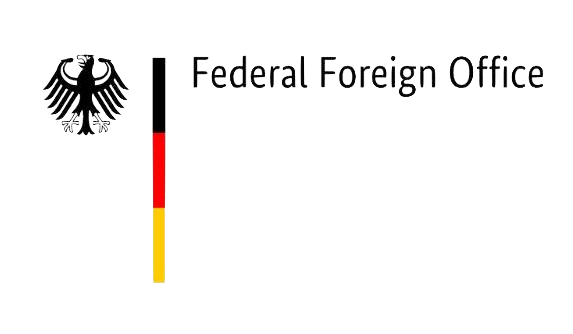BACKGROUND AND OBJECTIVES
On February 20, 2022, Serbia’s most widely circulated newspaper, Informer, featured a false story on its front page, claiming that Ukraine had launched an attack against Russia. During the COVID-19 pandemic, the Macedonian population encountered a significant volume of misinformation related to both the virus’s origin and the alleged risks associated with the vaccine. Additionally, during the pandemic, the Albanian Prime Minister wrongly accused the Spanish police of using violence against COVID-19 protesters, using a video that, in reality, depicted a protest in Algeria.
Recognizing that combating disinformation requires more than legal measures, the German Federal Foreign Office actively engages in identifying, monitoring, financing research projects, and empowering citizens at both national and international levels to tackle this issue. In line with this approach, “From Fake to Check,” coordinated by Missions Publiques, aims to bring together groups of citizens for deliberation sessions on combating disinformation in their respective countries. With the guidance of experts, participants will develop recommendations for policymakers.
In the context of this project, the four organizations from the Western Balkans—IDMC (Albania), Zip Institute (North Macedonia), New Social Initiative (Kosovo), and Civic Initiatives (Serbia)—collaborate closely and apply their expertise to execute the project locally.

Funded by

MODALITIES OF THE MISSION
Missions Publiques plays a multifaceted role in the project, including coordinating and training local partners in various areas such as communication, recruitment, and facilitating deliberative processes. This involves developing informational briefing materials, organizing online training sessions, and providing continuous support throughout the project’s preparation and implementation phases. Additionally, Missions Publiques designs the methodological framework for the citizen dialogues in the four participating countries.
ADDED VALUE
The value of this approach lies in empowering local residents to actively engage as citizens. It creates a platform for crucial discussions, reinforcing participatory democracy in a region where such practices are less common. These dialogues serve to increase awareness about disinformation issues, promote open debates, strengthen community bonds, and cultivate a culture of long-term civic participation. Local partners play a pivotal role in implementing this project at the community level, utilizing their expertise.
Key figures
"The political context is challenging - corruption, polarization, and political division... Nevertheless, the idea of citizen participation is a good one. It's like giving a voice to the people to counteract.
– Local partner, during a training session.



